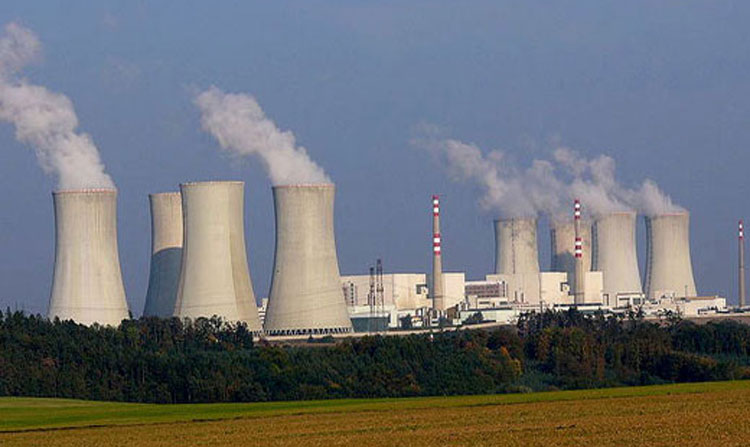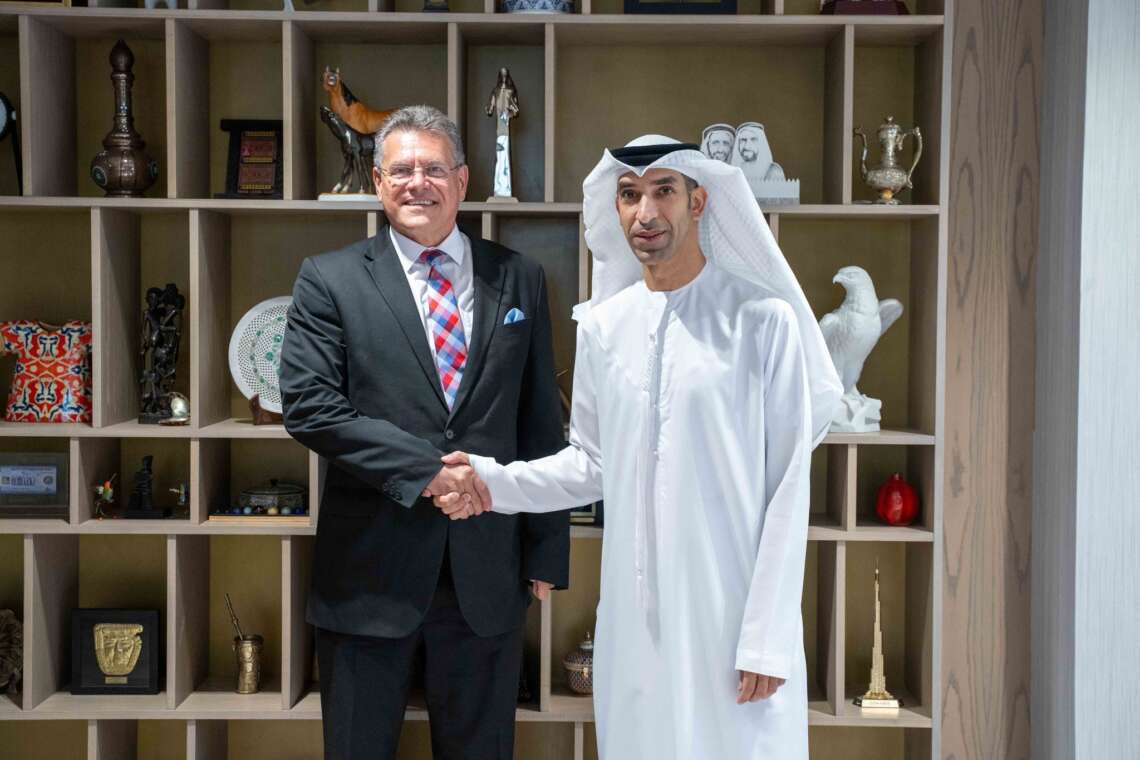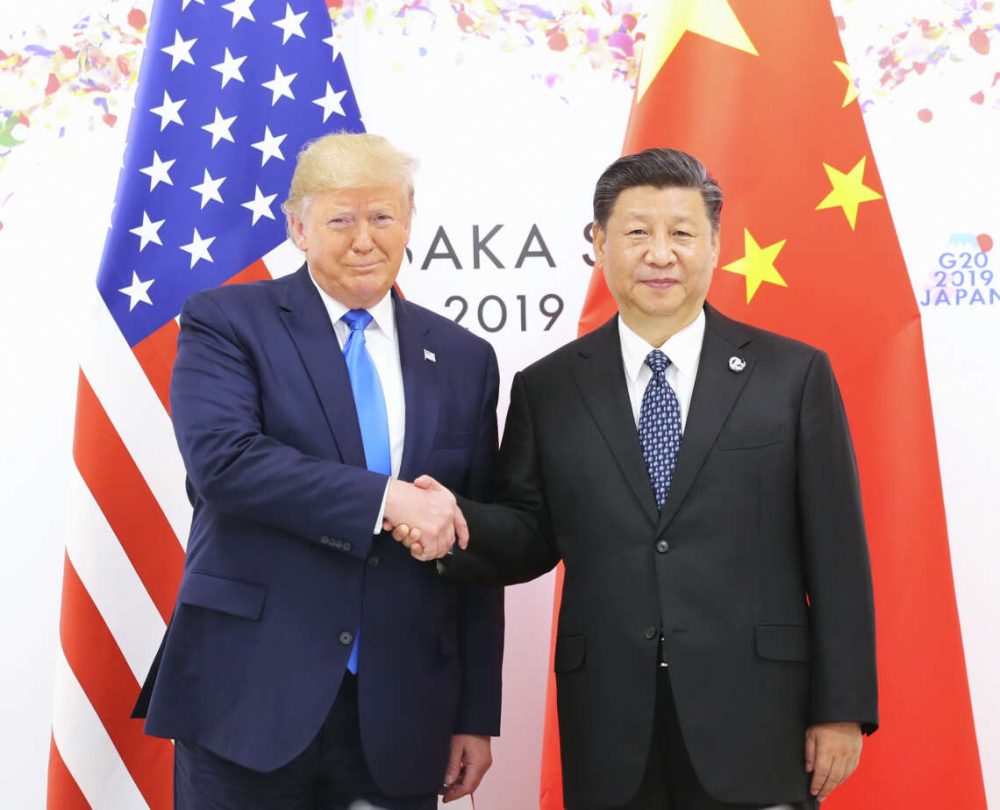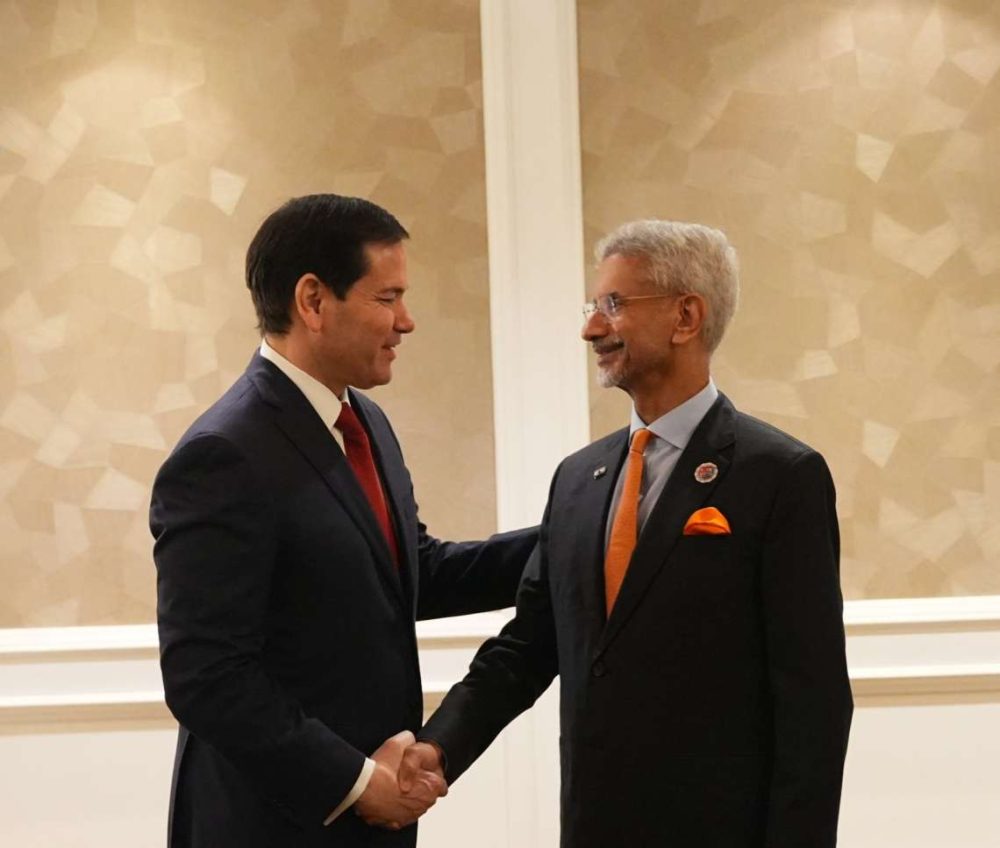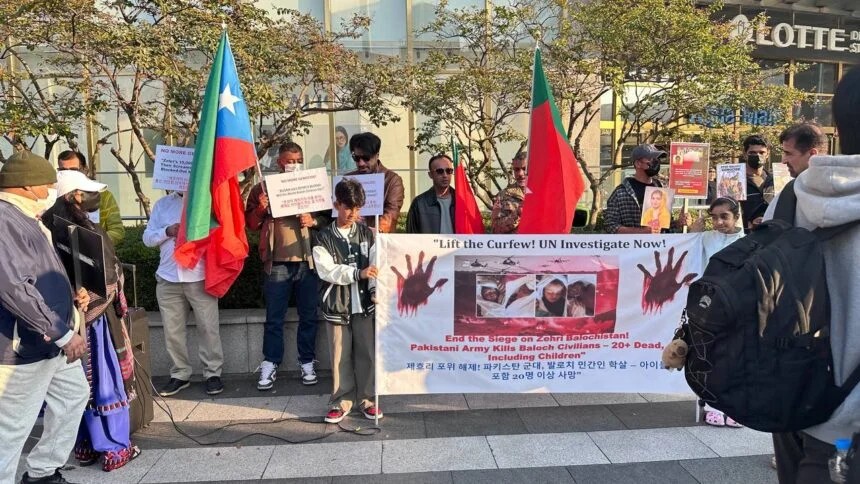The workshop opened with a welcome address from CRF President Shishir Priyadarshi, who underlined the importance of nuclear power in balancing energy security with climate goals
In a significant move to strengthen India’s clean energy transition, the Chintan Research Foundation (CRF), in collaboration with Grant Thornton Bharat, hosted a high-level national workshop titled “Private Sector Participation in the Nuclear Power Sector in India: Opportunities, Challenges, and the Path Ahead” in the national capital on Wednesday.
Held against the backdrop of rising energy demand and India’s long-term goal of achieving 100 GW of nuclear power capacity by 2047, the workshop brought together policymakers, industry leaders, regulators, legal experts, financial institutions, and international partners. The aim was to explore ways to create an enabling environment for greater private sector participation in India’s nuclear ecosystem.
The workshop opened with a welcome address from CRF President Shishir Priyadarshi, who underlined the importance of nuclear power in balancing energy security with climate goals. This was followed by a keynote address from noted economist Dr Montek Singh Ahluwalia, who emphasised that nuclear energy must form a core part of India’s future energy mix, particularly given its potential to provide clean, base-load power.
Ahluwalia noted, “India cannot achieve its energy transition goals at the necessary scale without nuclear energy. Strategic reforms, investment models, and technological collaboration will be crucial to unlocking its full potential.”
A context-setting presentation by Grant Thornton Bharat explored global experiences with nuclear-private sector collaborations and outlined the structural constraints unique to India. These include limited legal provisions, challenges in project viability, public procurement barriers, and the need for modern regulatory frameworks.
The first panel, focusing on policy and regulatory reforms, included speakers from the Vivekananda International Foundation, Grid Controller of India Ltd, Centre for Air Power Studies, and PLR Chambers. They discussed the need for legislative amendments to the Atomic Energy Act of 1962 and the Civil Liability for Nuclear Damage Act of 2010. Reforms under discussion include introducing flexible liability-sharing mechanisms, designing a supportive reinsurance framework, and modernising licensing norms—especially for imported nuclear technologies.
Participants stressed the need for concurrent safety and regulatory reviews and updated seismic and exclusion zone norms, which are essential for expediting project clearances and building investor confidence. Another suggestion was to allow nuclear power to fall under the governance structure of the Electricity Act, facilitating pricing innovation and flexible project structuring.
The next session addressed frameworks for investment and financing. Representatives from the Adani Group, JSW Energy, L&T Heavy Engineering, FICCI, and think tanks such as CEEW explored how to make nuclear projects more attractive to private players. Discussions revolved around global financing models like the Regulated Asset Base (RAB), sovereign guarantees, and risk-sharing through public-private partnerships.
Speakers identified the limitations of current procurement formats and rigid request-for-proposal structures, noting that viable nuclear projects need tailored investment frameworks. They also called for stronger supply chain ecosystems, skilled human capital, and domestic manufacturing capacity to meet the 100 GW target.
In the concluding session on nuclear technology and international diplomacy, delegates from NTPC, the World Nuclear Association, RePlanet France, Westinghouse, and Pacific Forum highlighted the strategic importance of India’s participation in global nuclear technology partnerships. There was particular focus on Small Modular Reactors (SMRs), which were identified as a flexible and scalable clean energy solution suited for distributed power generation and grid stability.
Experts discussed international collaboration in licensing and co-development of next-generation reactor designs and emphasised fuel security through multilateral procurement agreements and domestic uranium enrichment capabilities. They also stressed the critical role of effective public communication to build societal trust in nuclear energy.
The workshop was especially timely given India’s broader energy agenda as reaffirmed by Union Minister Manohar Lal during the recent BRICS Energy Ministers’ Meeting in Brasília. Representing India, the minister spoke about the country’s rapid progress in expanding clean energy capacity, targeting 475 GW by 2025 and 900 GW by 2032, and its emergence as the third-largest producer of solar and wind energy.
He also highlighted India’s parallel focus on green hydrogen, biofuels, energy efficiency, and carbon reduction. The minister reiterated India’s commitment to the Global South’s energy priorities and invited BRICS nations to participate in the next energy dialogue in India in 2026.
In conclusion, the CRF workshop reaffirmed that India’s path to a secure, clean, and inclusive energy future must include a robust nuclear programme. Private sector involvement, regulatory modernization, strategic partnerships, and innovative financing models were seen as central pillars for achieving the 100 GW nuclear capacity target by 2047. With momentum building, stakeholders called for immediate and coordinated action to enable scalable deployment of both traditional and advanced nuclear technologies.


